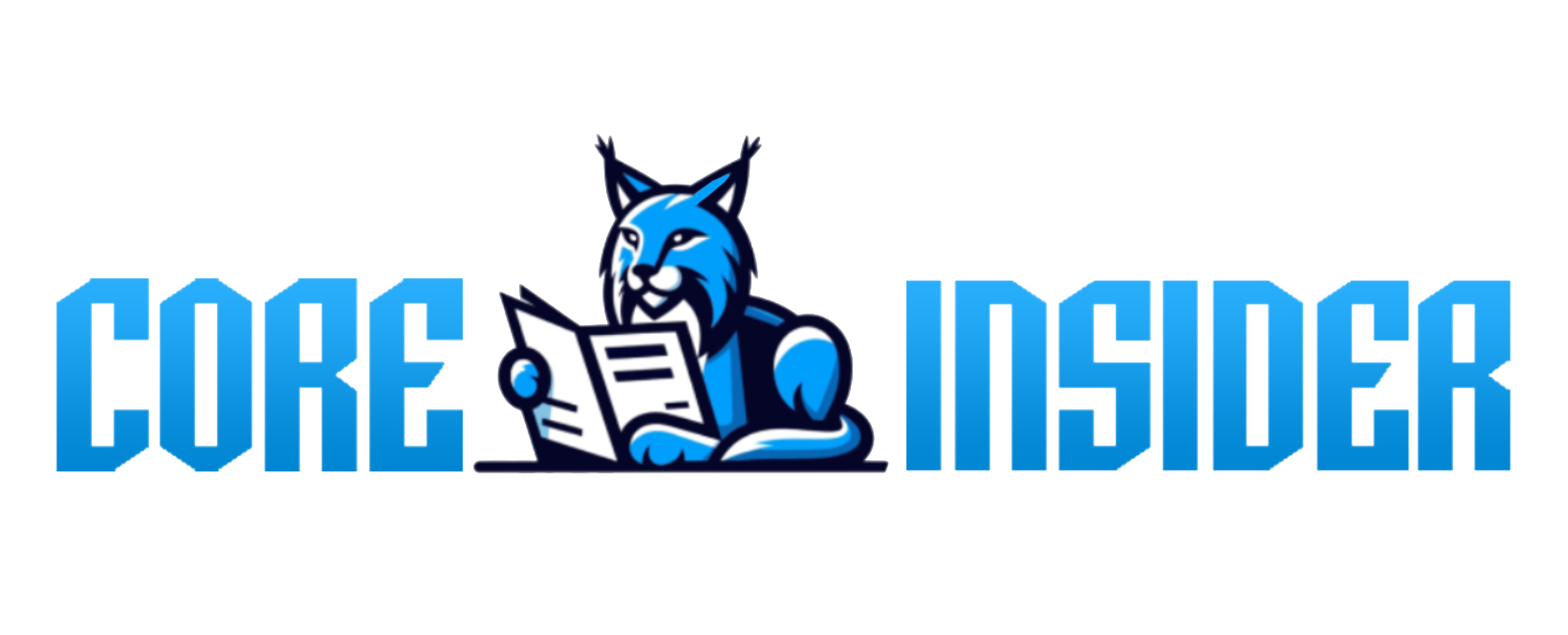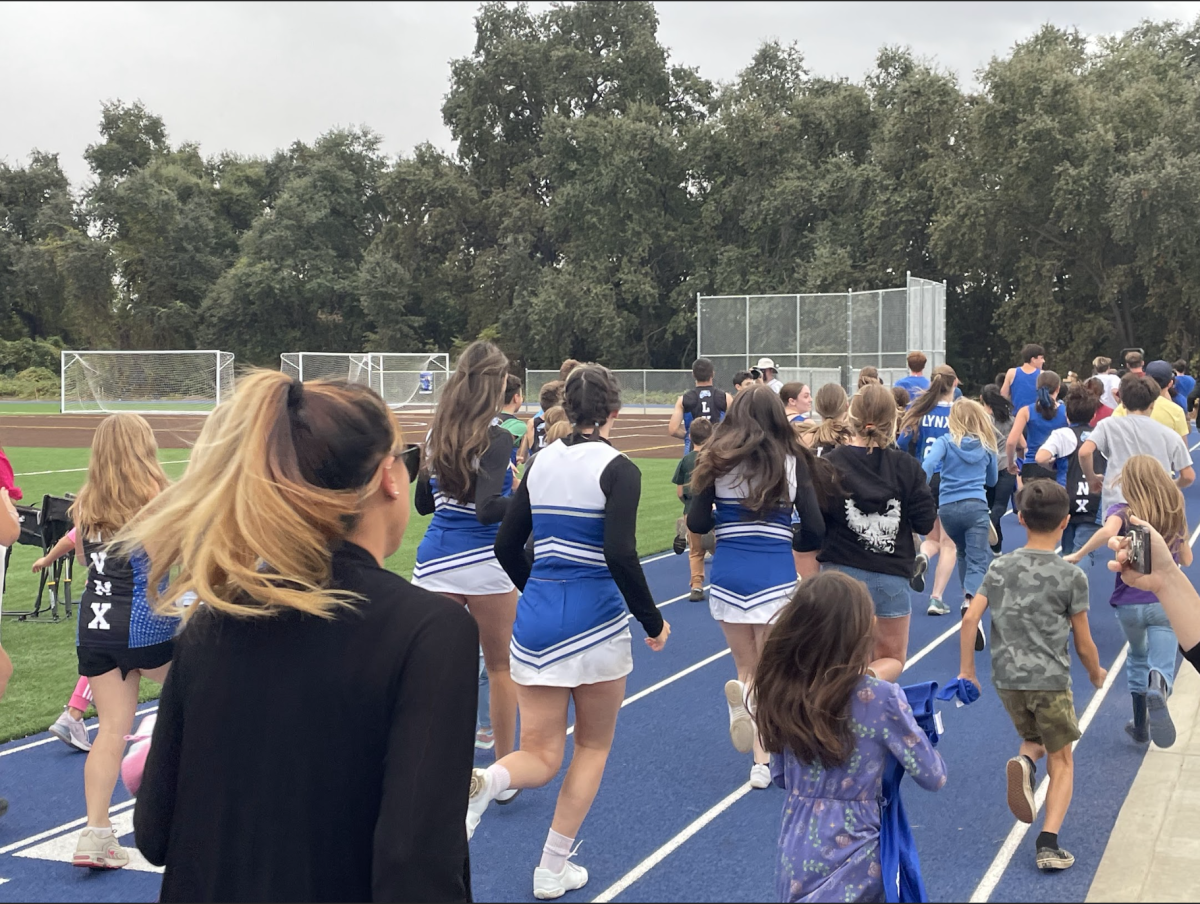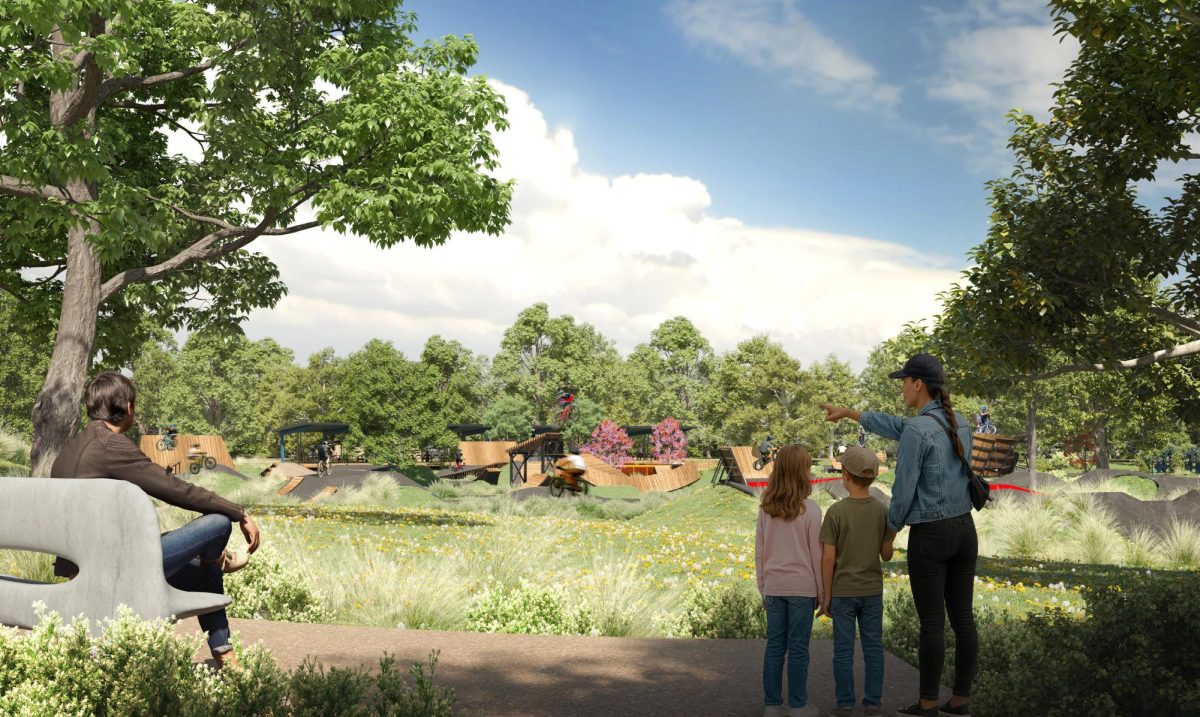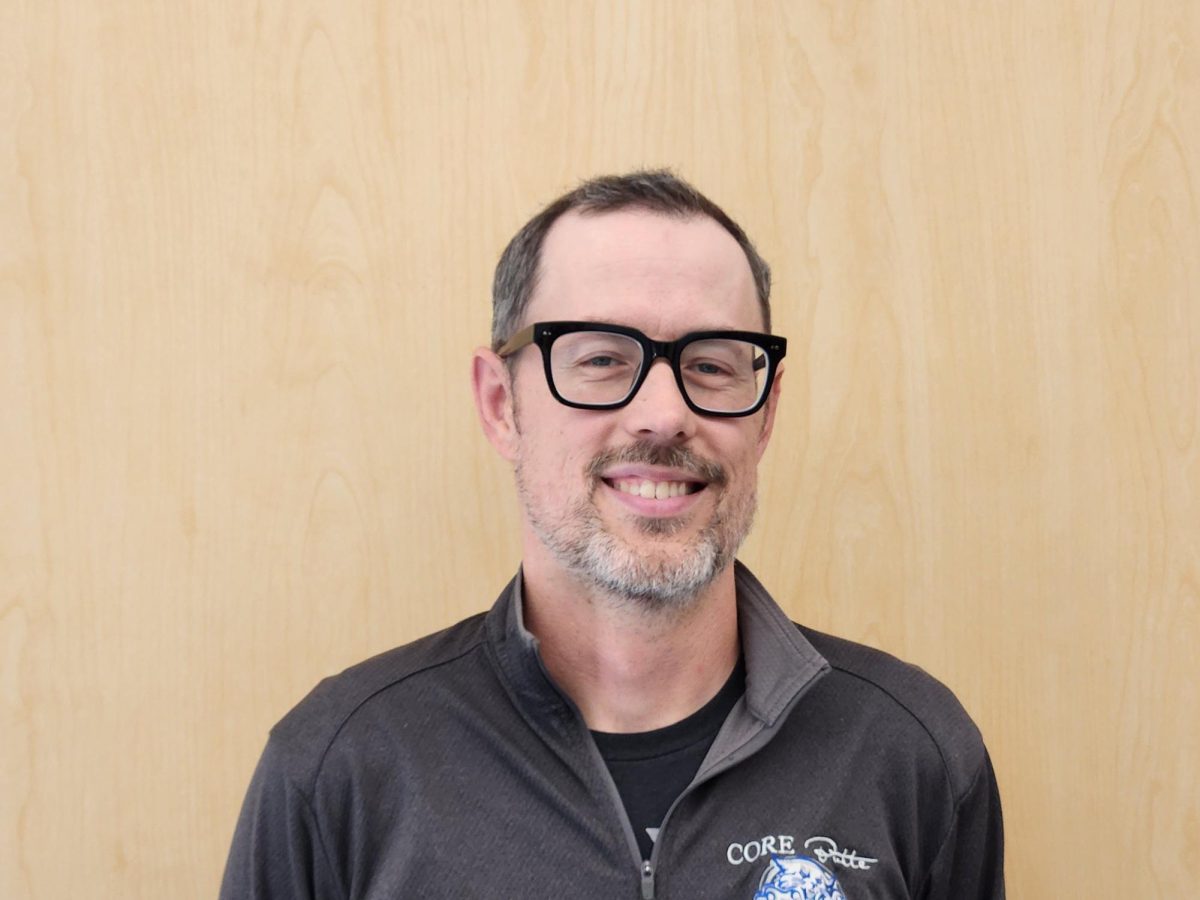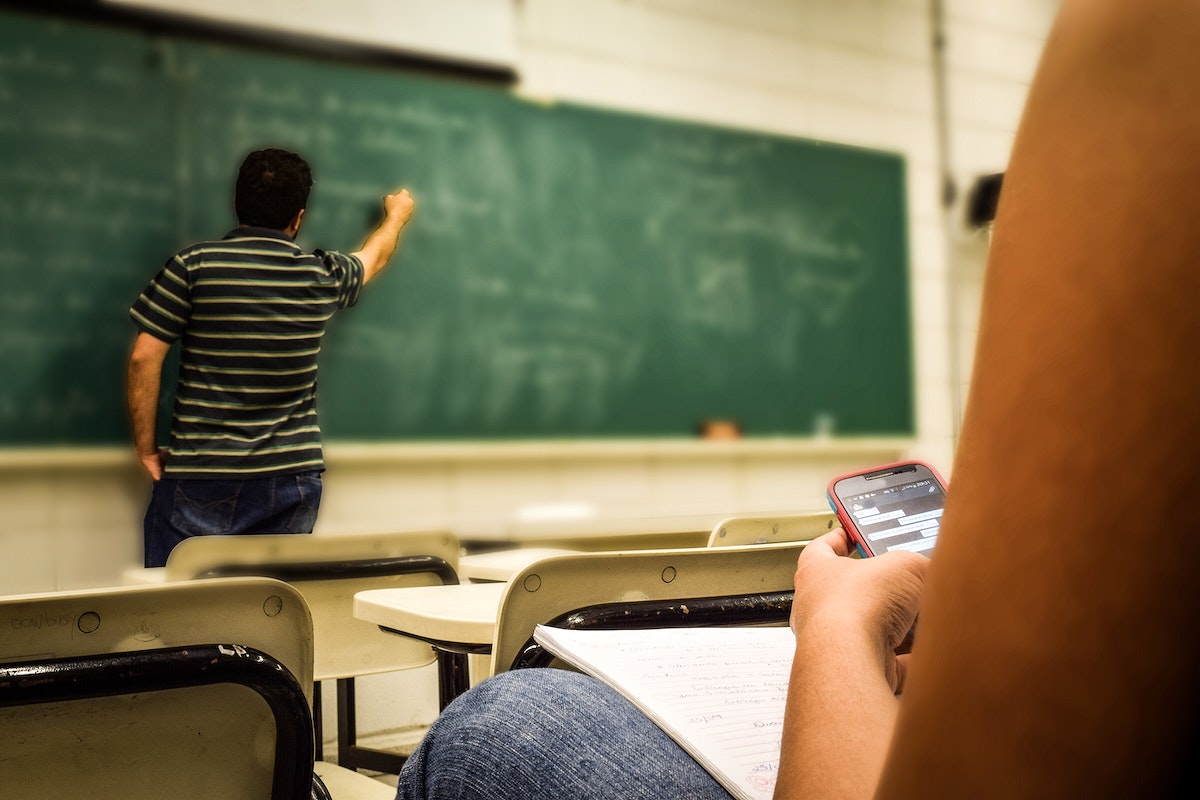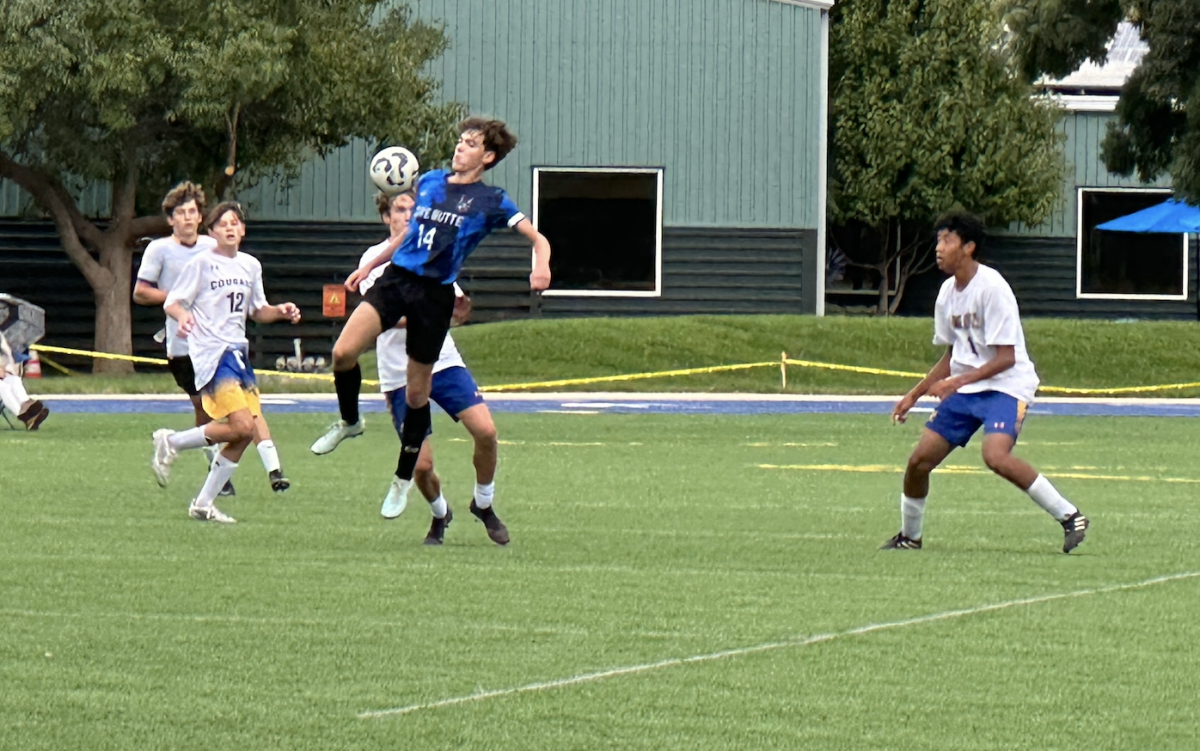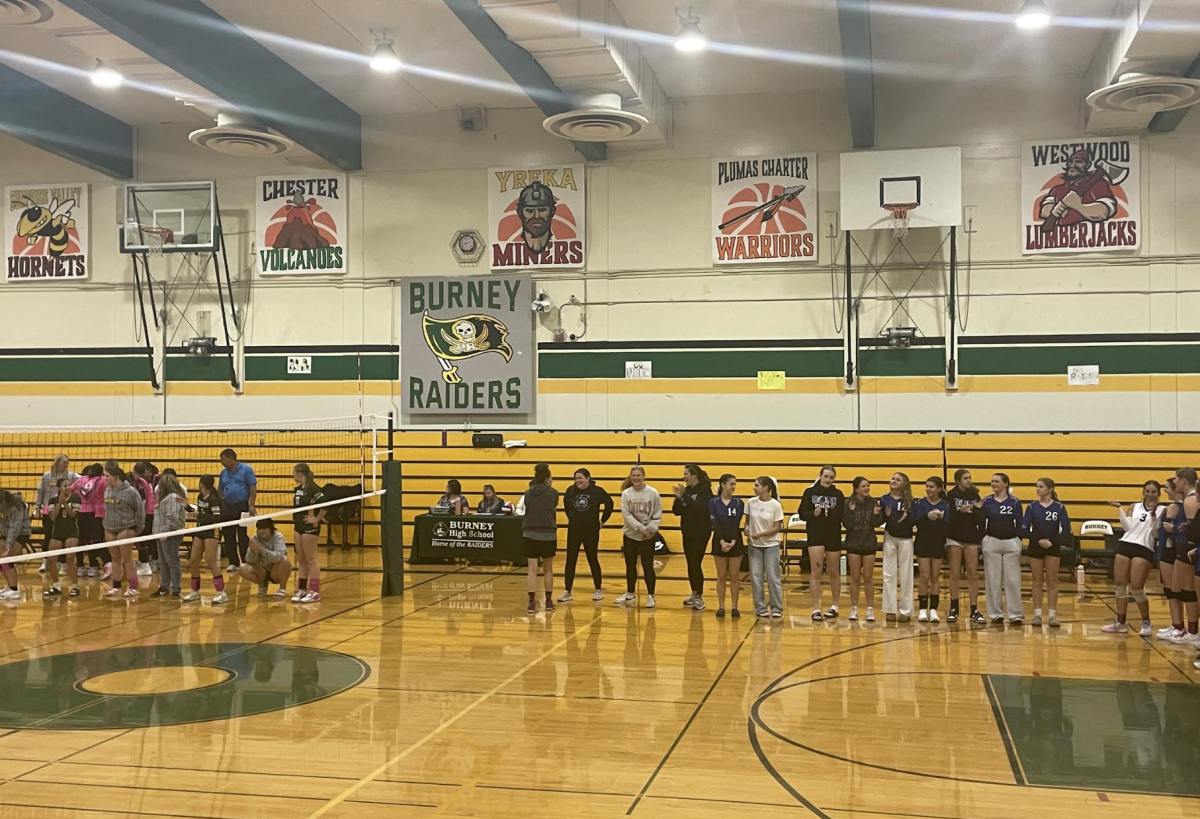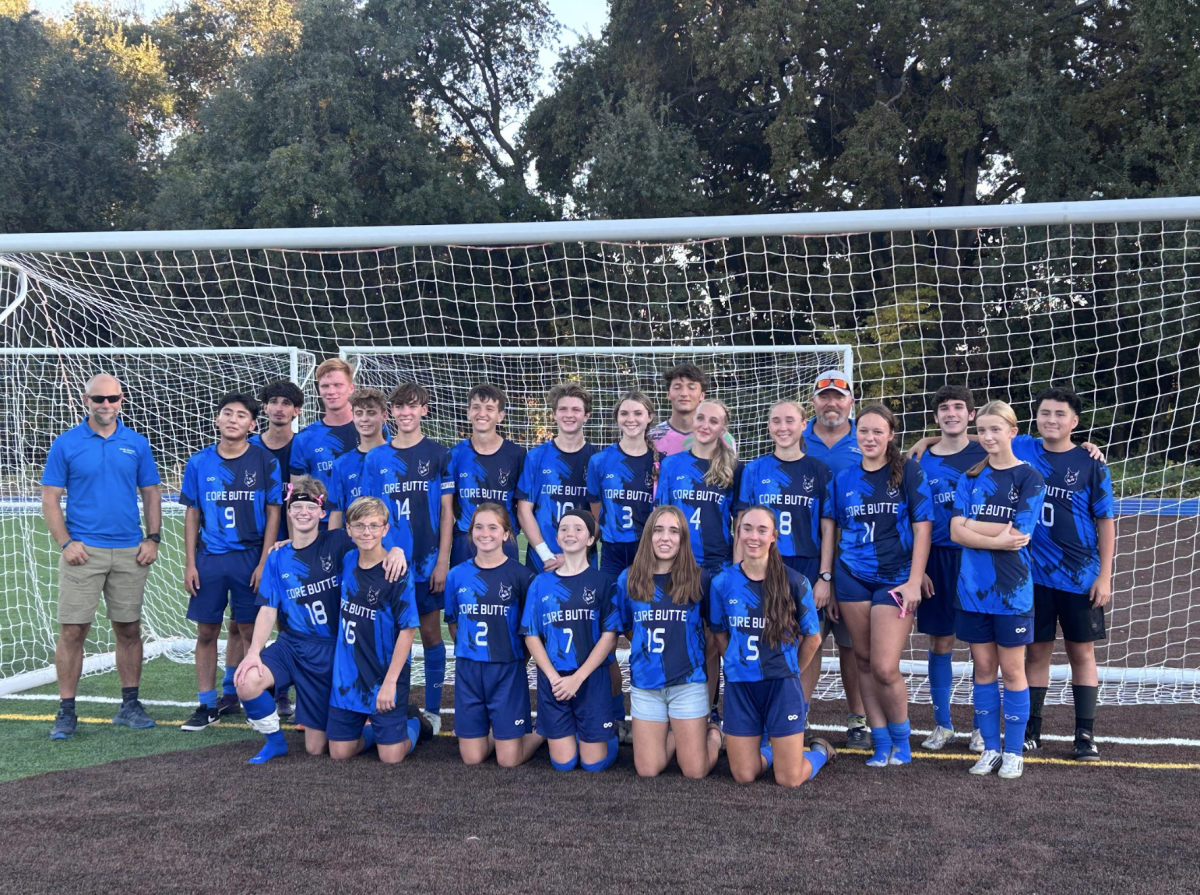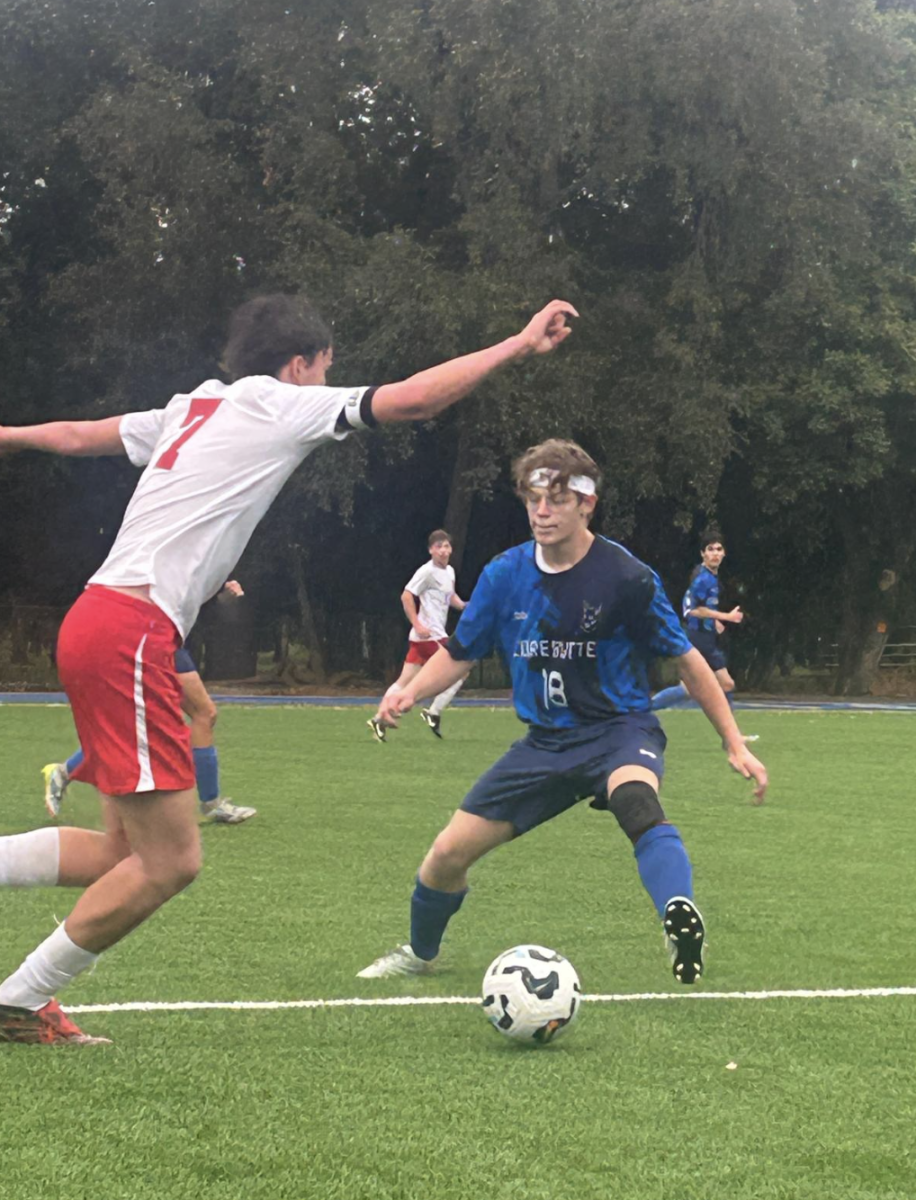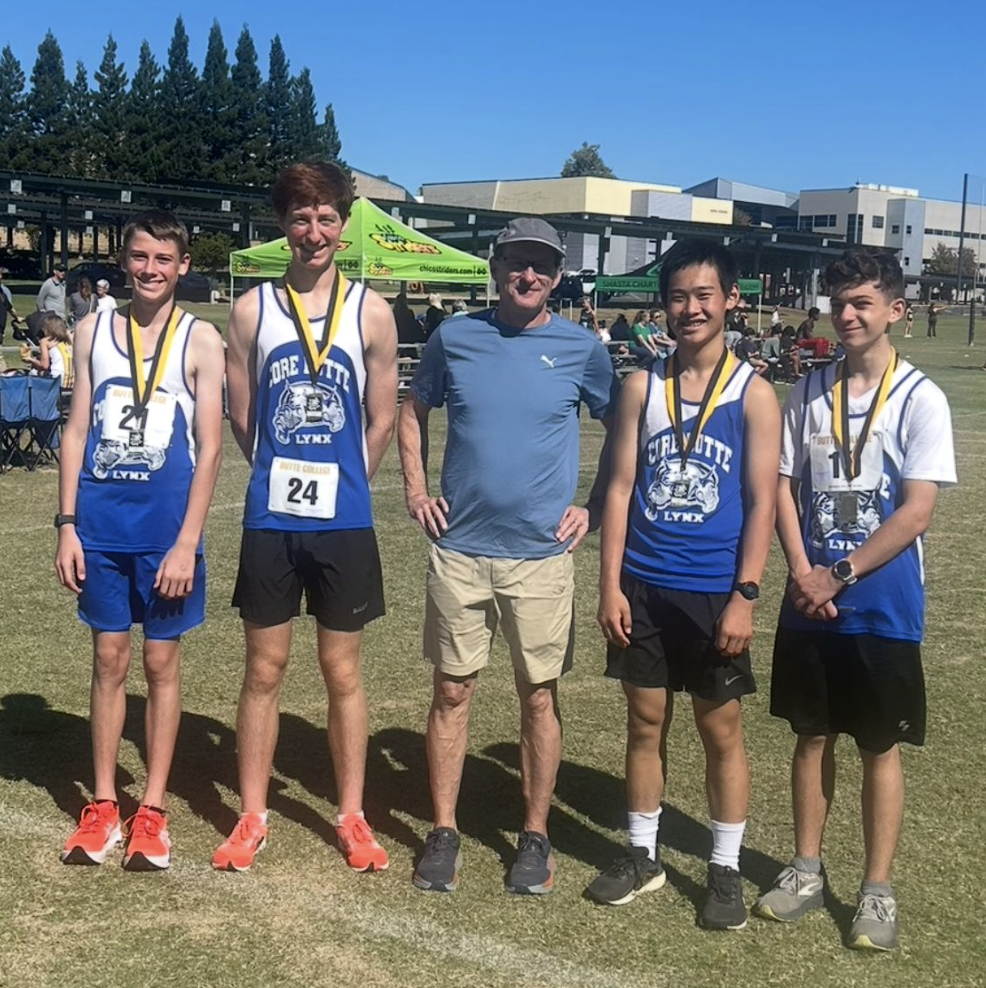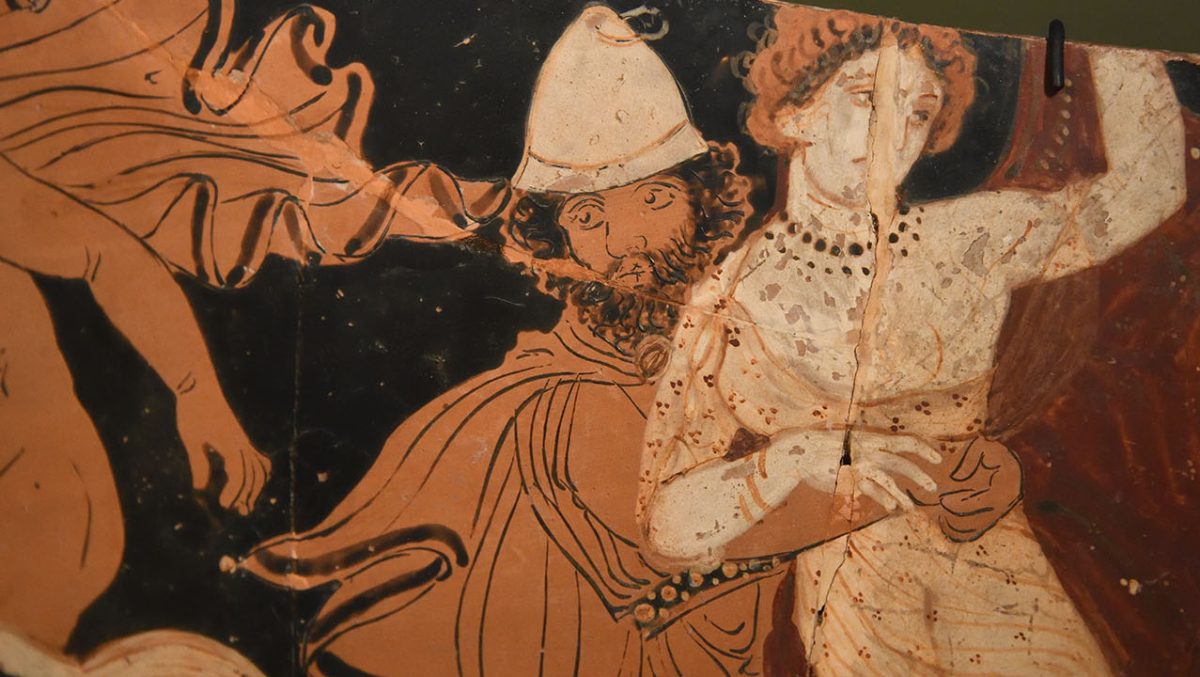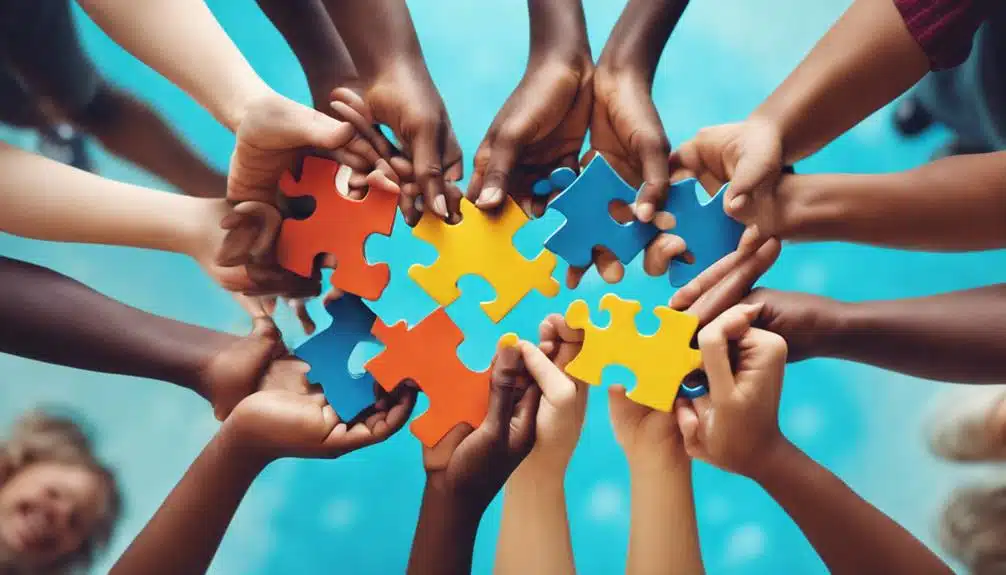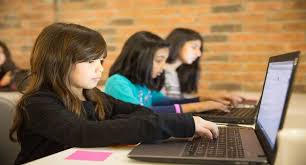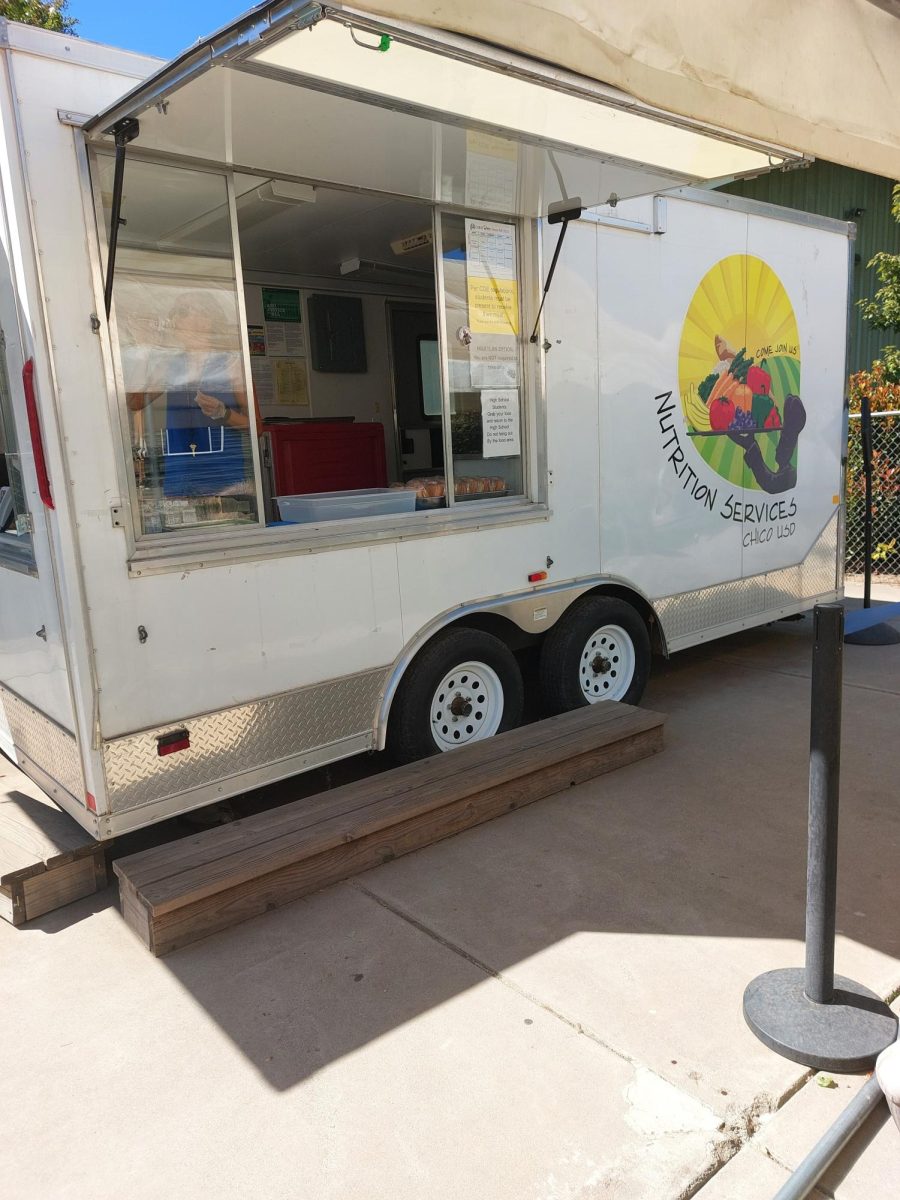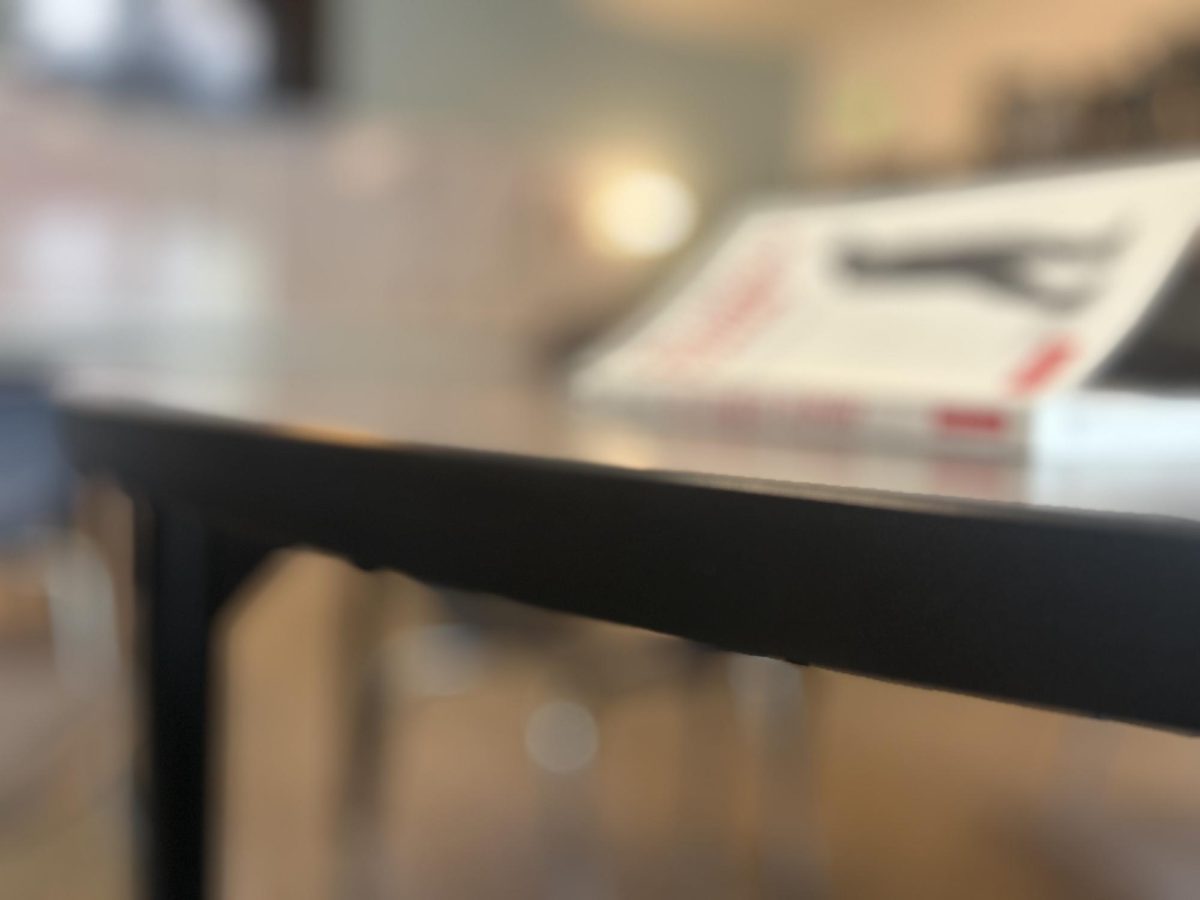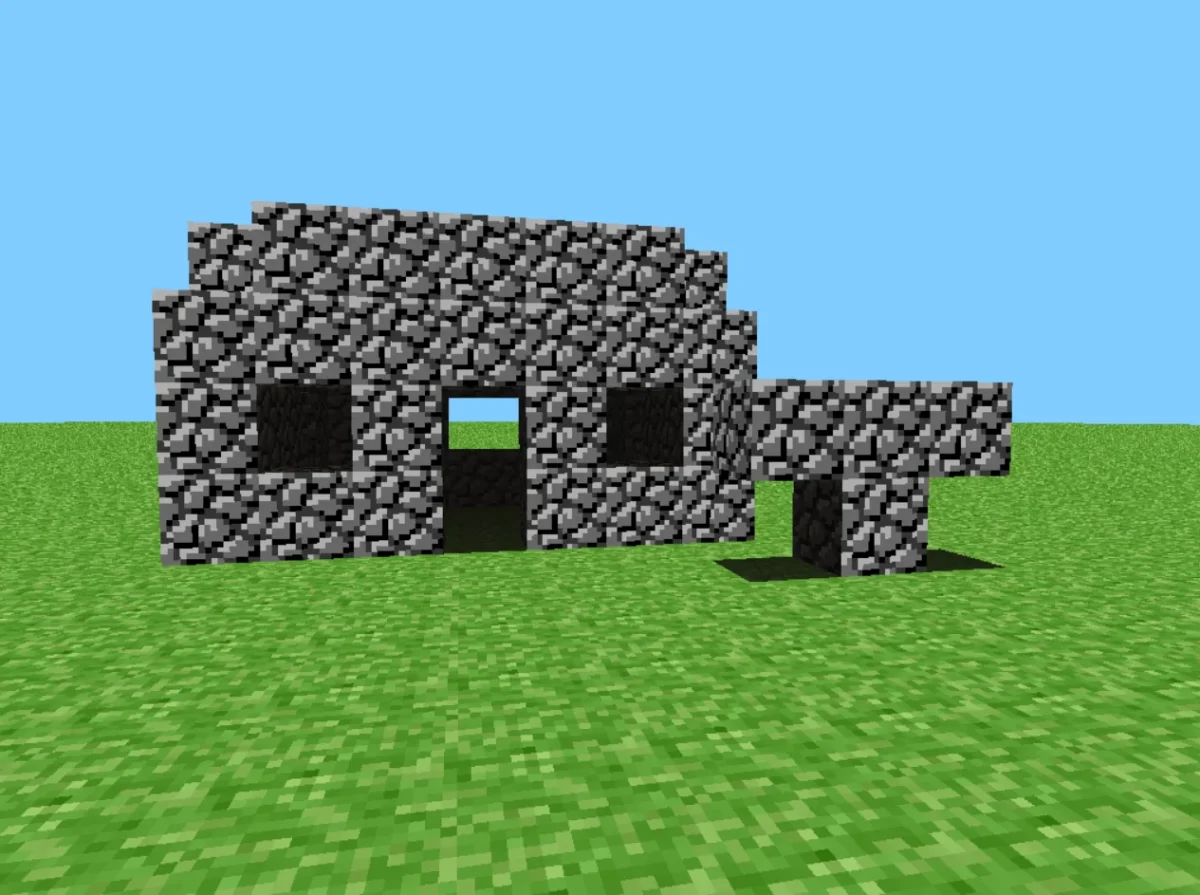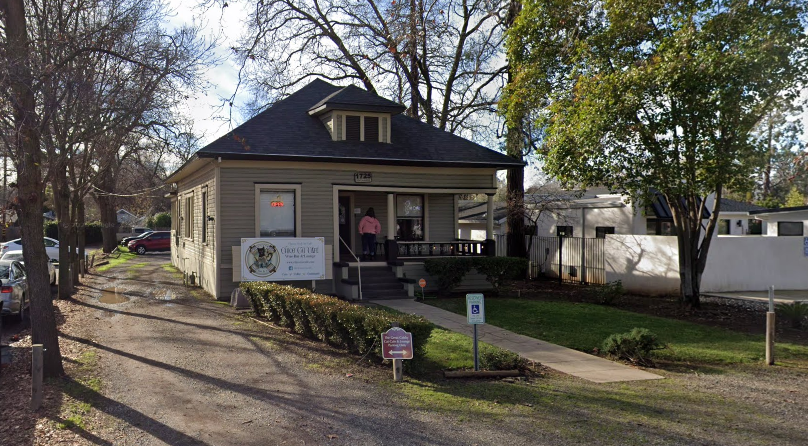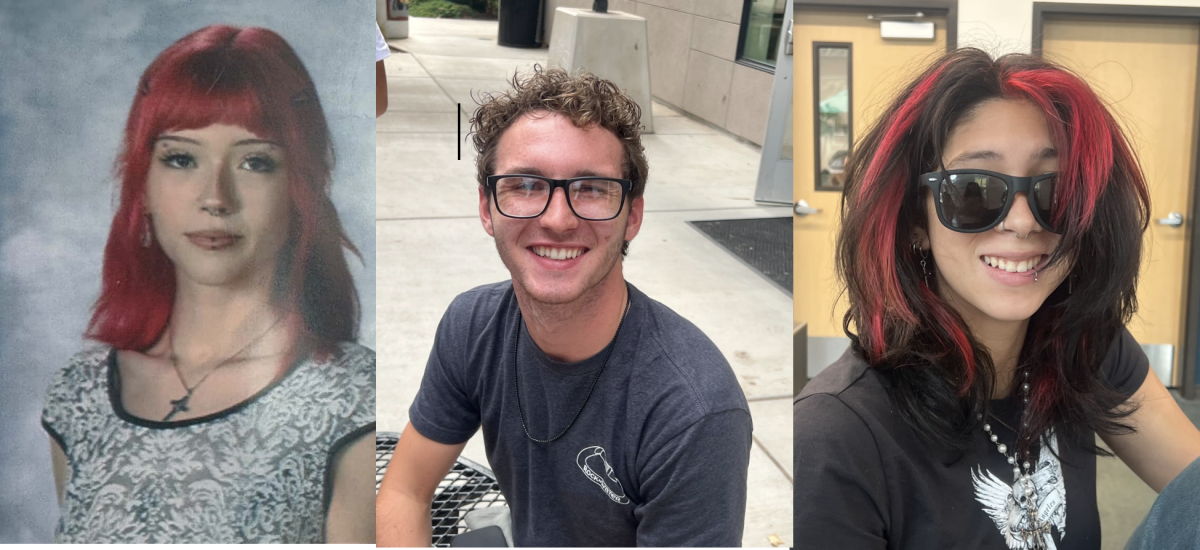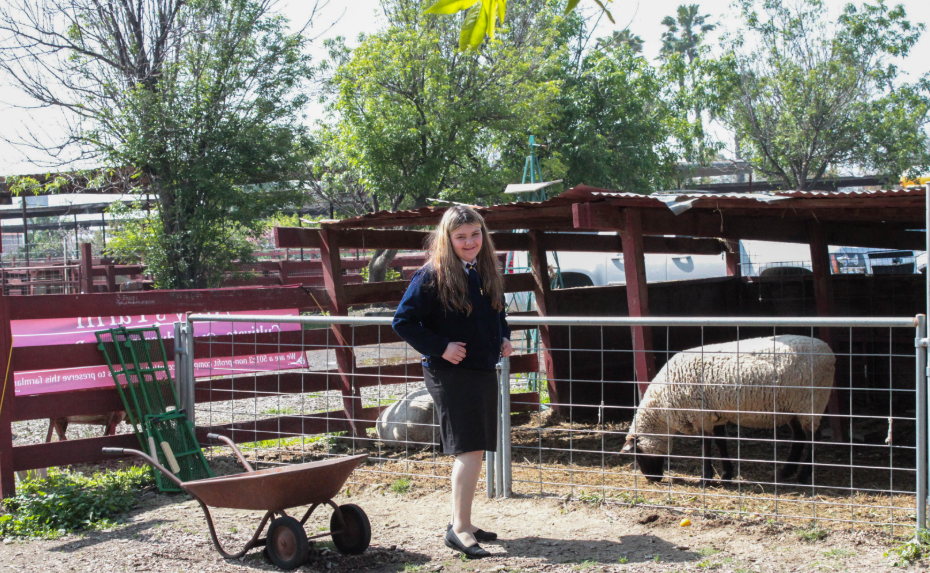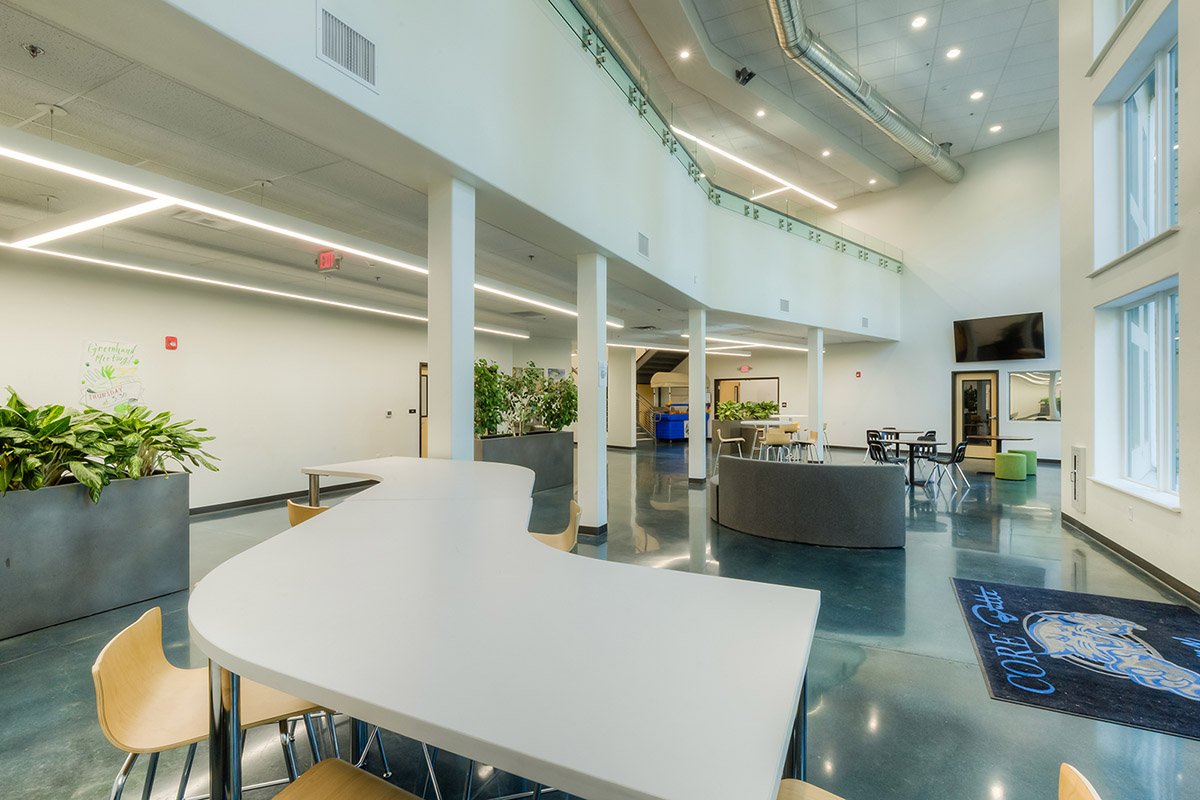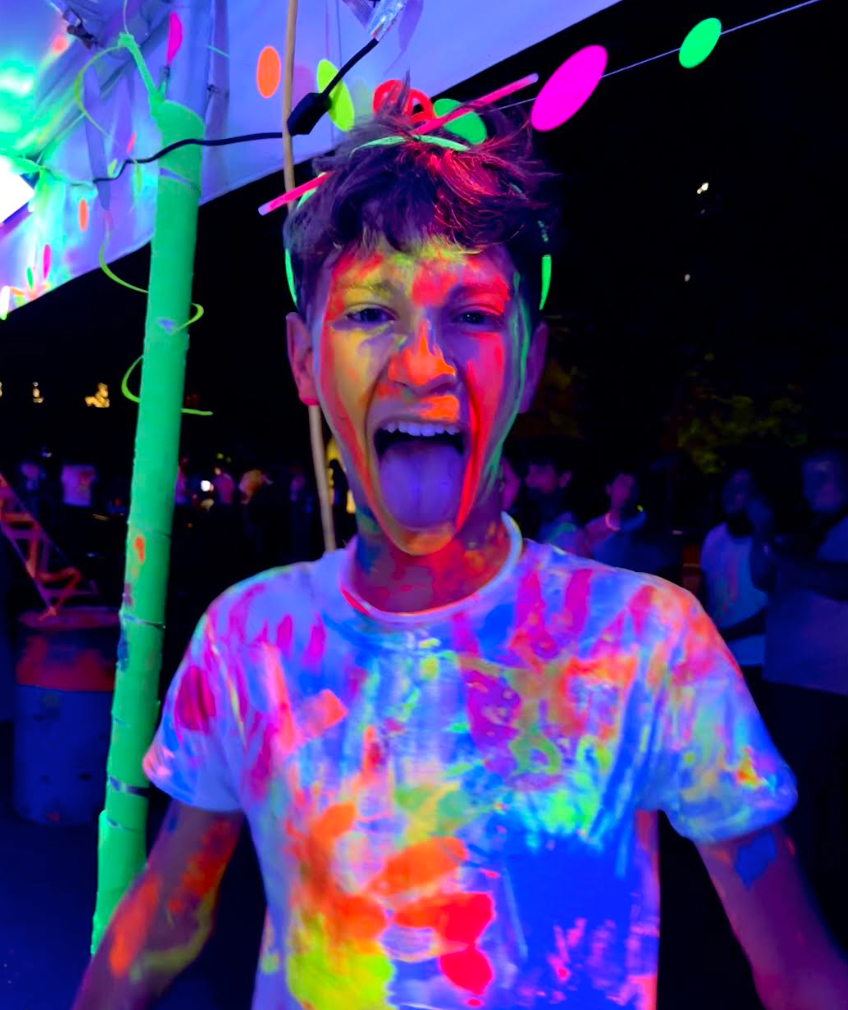To be a true journalist, you have to do the research. That can mean going through multiple articles to corroborate a common piece of information put throughout, or going to professionals or experts and getting their perspectives on what is true. Finding the correct information is not easy. How students do their research on certain topics can heavily impact their personal experiences and what they decide is true. Locations for information can span various sources and mediums, such as reading a Reddit post in which a “professional” discusses the effects of vaccines during the pandemic, or finding a short video on TikTok that clips a small section of a long speech from political figures, possibly out of context. It’s a spectrum of information across an infinite source, so finding the objective information is somewhat difficult if not impossible.
Although it is difficult, some people have found their rhythm. Fern Rodriguez-Kronmiller, a senior here at CORE, talks a bit about their process.
“It’s hard, my whole family comes from different roots, so I feel like I have to be caught up just to understand how it will affect those parts of my family,” Fern said. “I came out openly as non-binary as well, so knowing what’s going on around me is also important for my own sake. I’ll be scrolling on social media and come across a certain post with a crazy headline to it and ask myself, ‘wait…is this correct?’ So then I go mainly to mainstream news media to see if what I just saw is right.”
Fern’s method for confirmation is a common one. Mainstream media can be a good source. They tend to address the bigger picture. However, sometimes doing your research on these larger platforms can lead to bias on the info provided and made by journalists selected for those larger institutions.
Sometimes better research isn’t just about going to large end platforms. Matthew Geddie’s way of finding information is a bit different. “[It] depends on what I’m looking for.” Matt says. “If it’s a resource paper, I will try and find first and secondhand accounts; other than that, I use anything. Britannica is good.” That is, Matt’s way of finding info is going to someone who rather personally experienced the event or someone who learned about the event.
Overall, it’s typically not a bad practice to go to many different sources. It can help pull out common information spread throughout those sites and articles, as well as draw out the incorrect information on a source if other sites have the tools to disprove that piece of misinformation. Journalist pro-tip: avoid relying on a singular source, even if it seems reliable to you. Sometimes it seems “reliable” because it supports a belief you already have; you could be falling prey to confirmation bias.
Across the internet, it’s extremely easy to find websites and online servers that spread biased data. Make your research vast, but keep your standards up. That’s the best way to get your research as a student!
